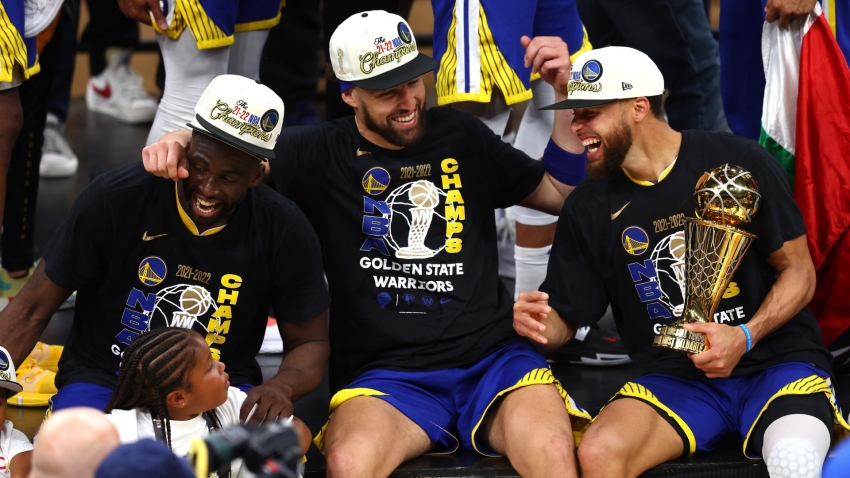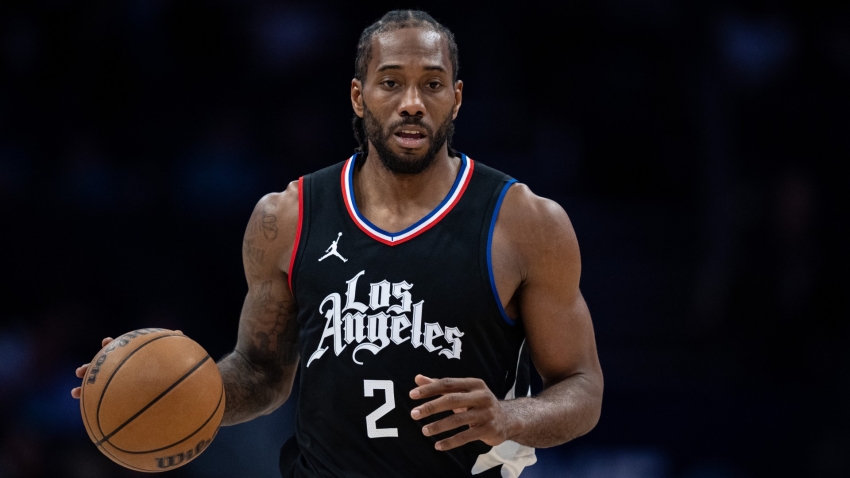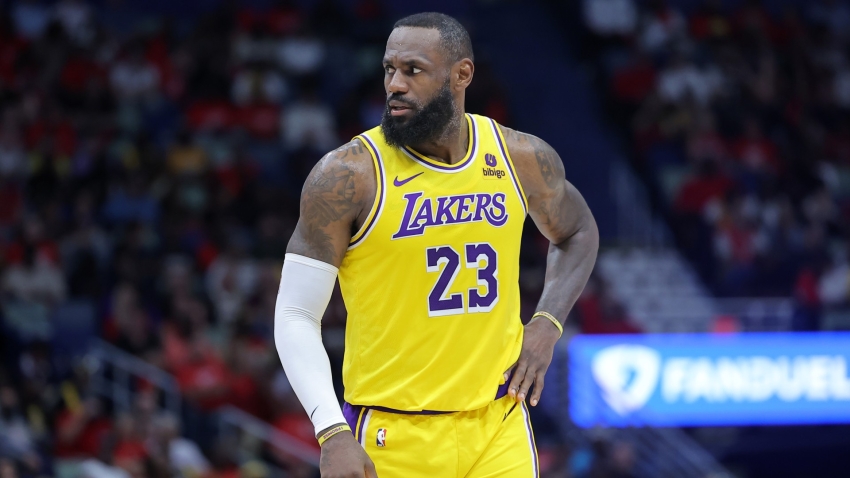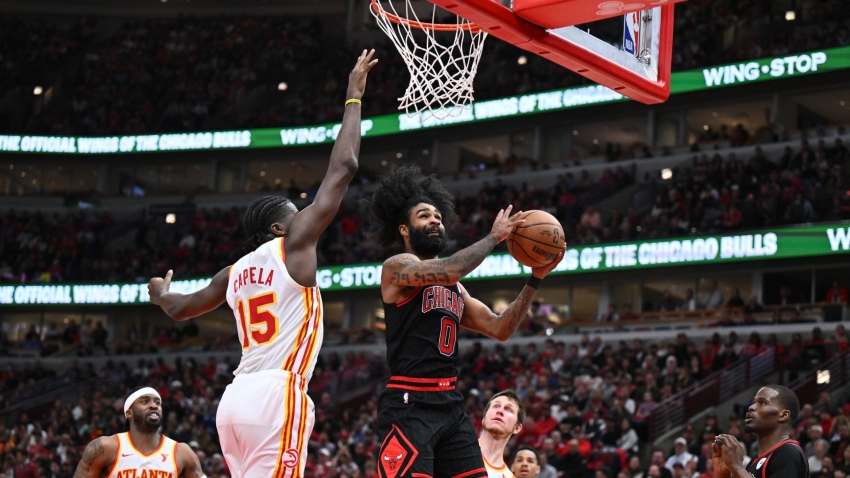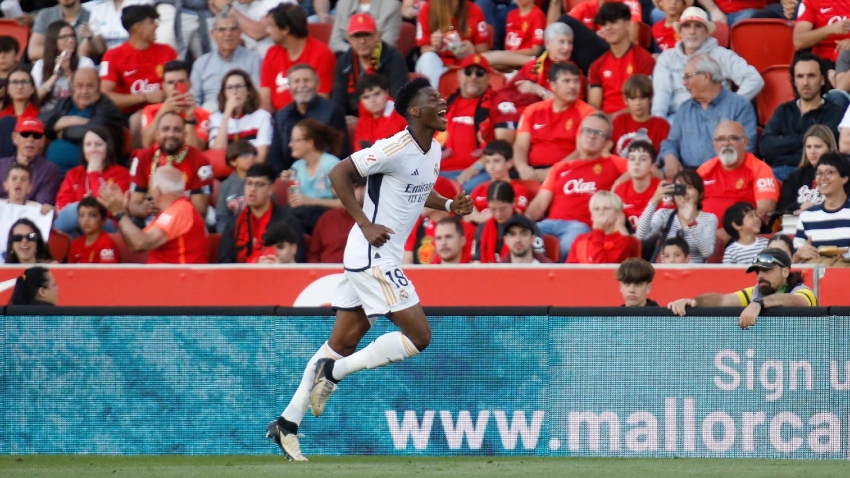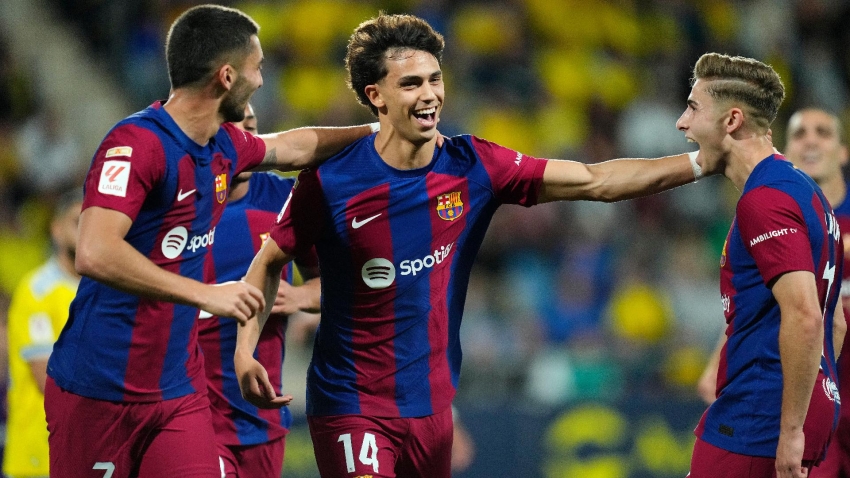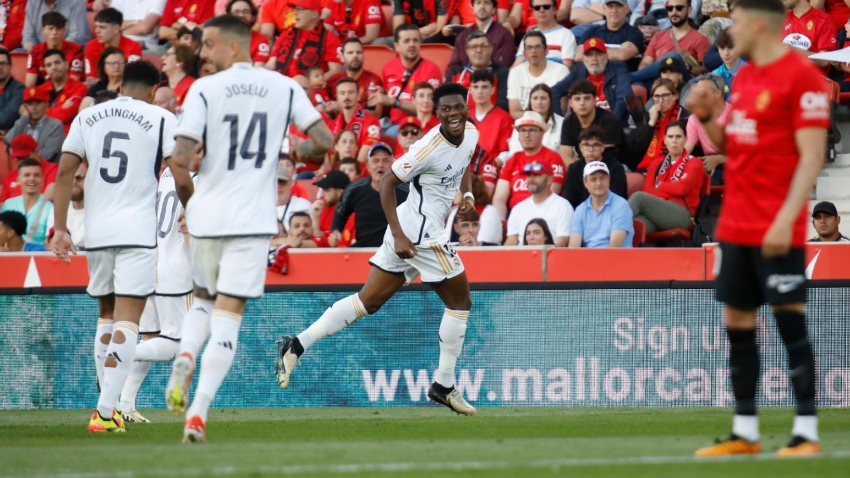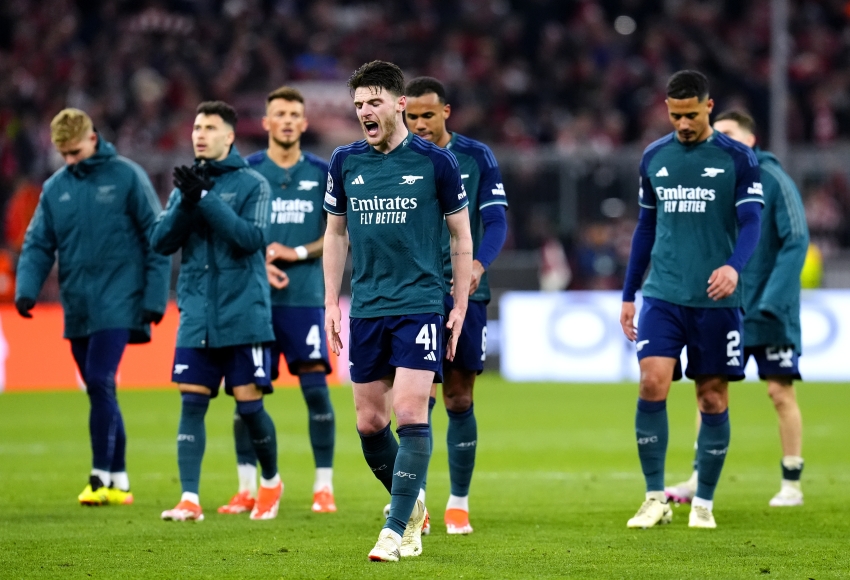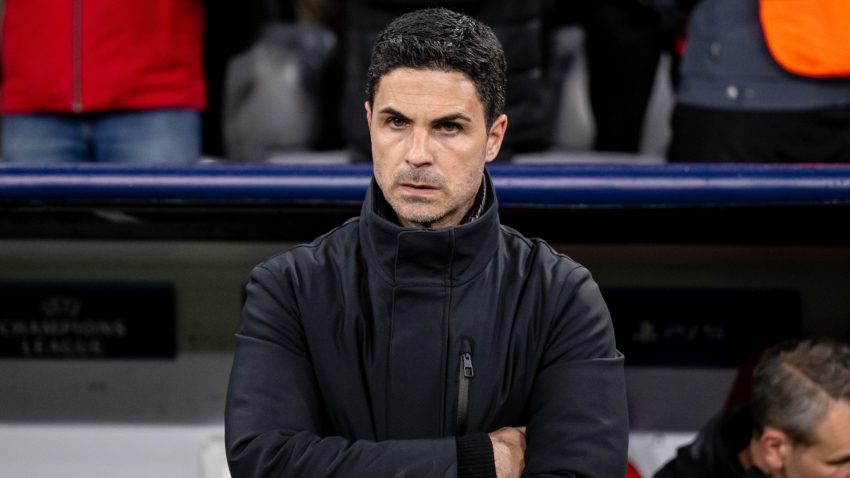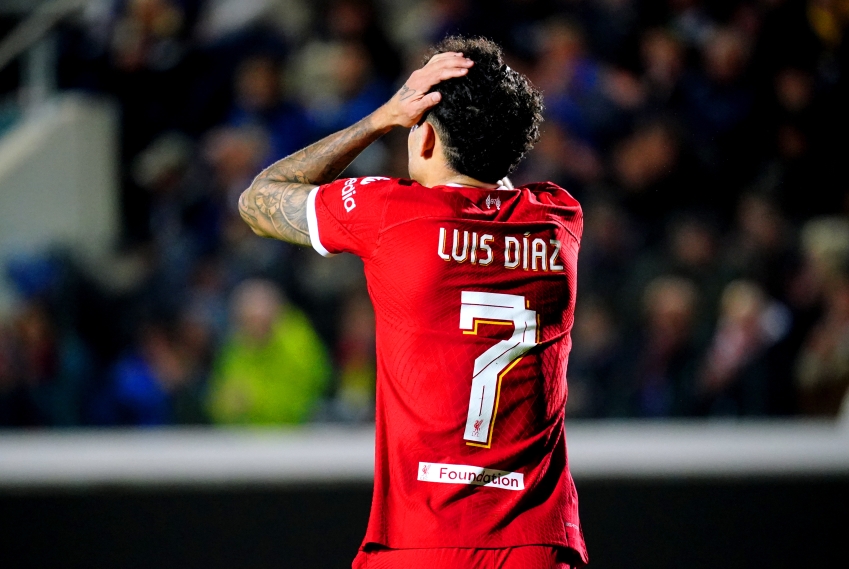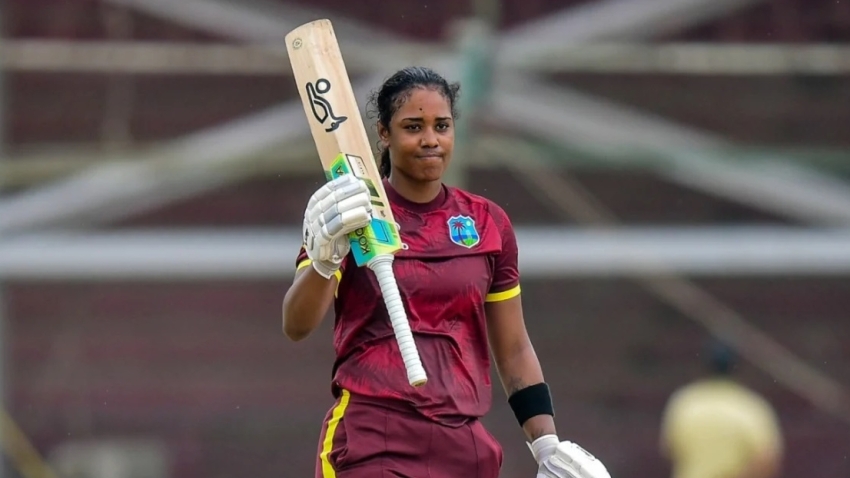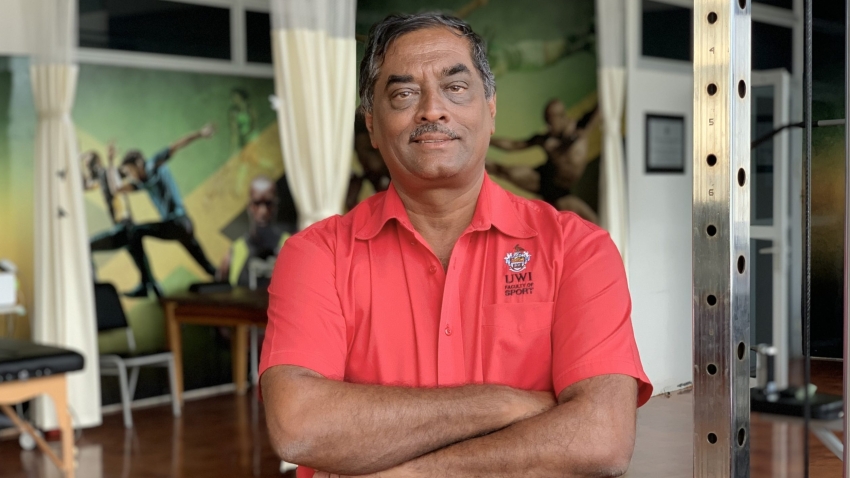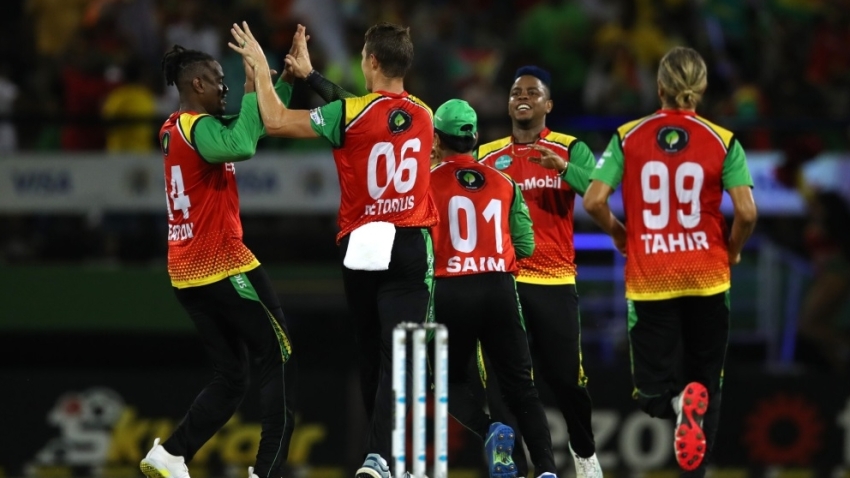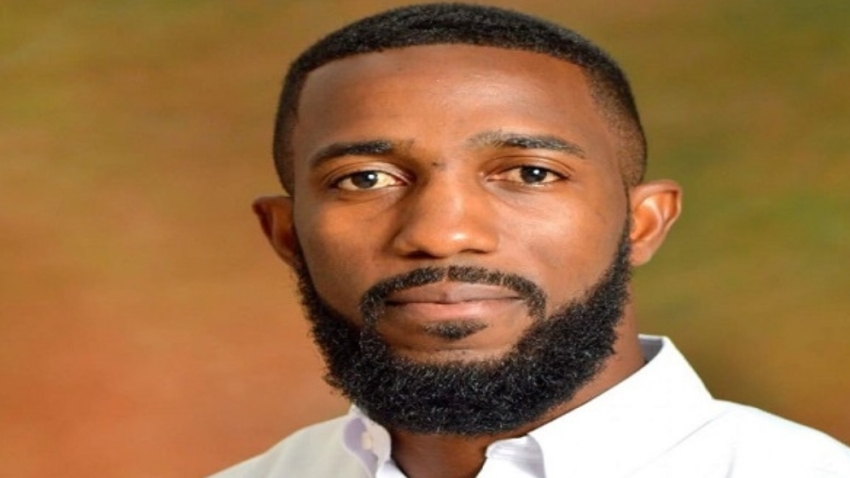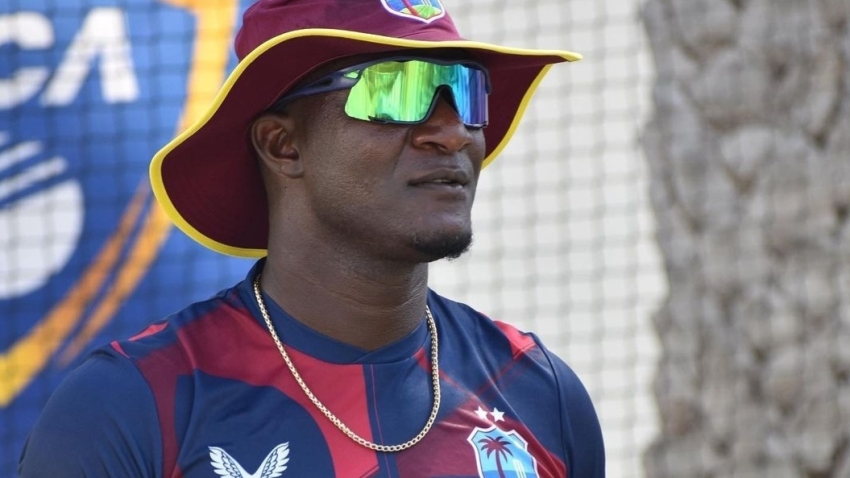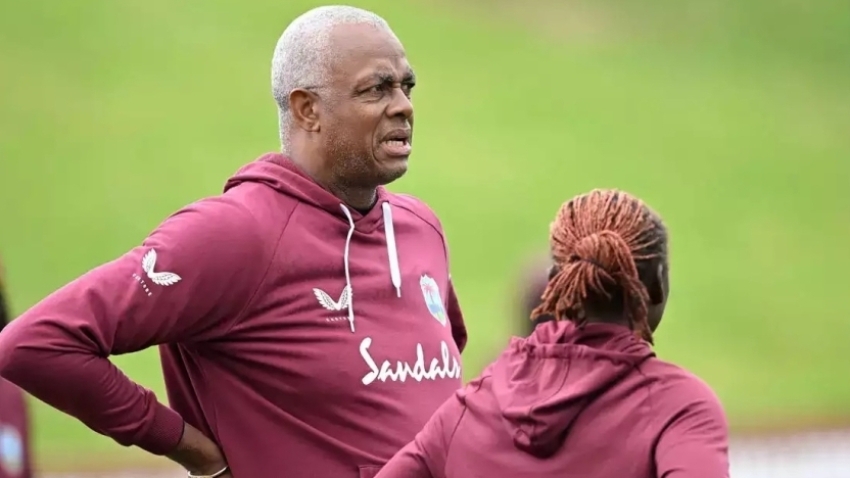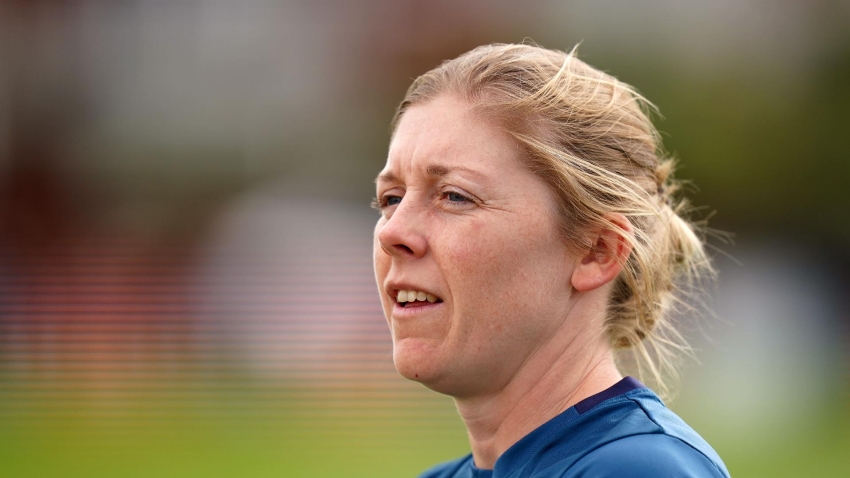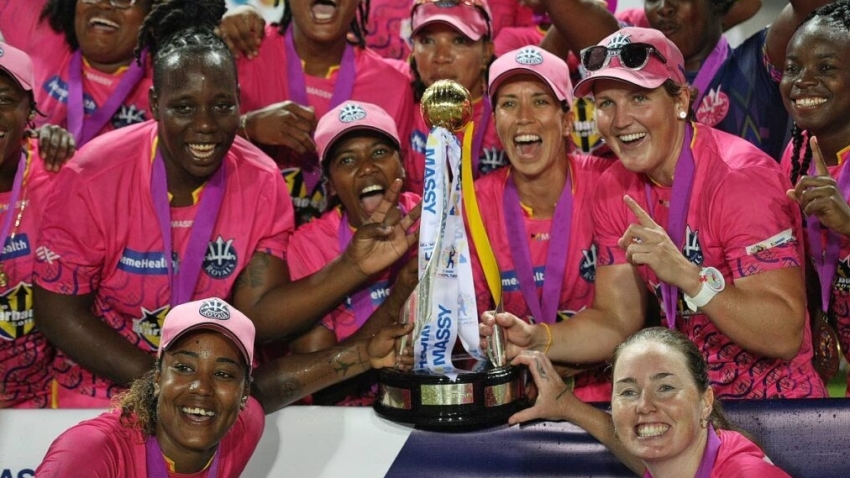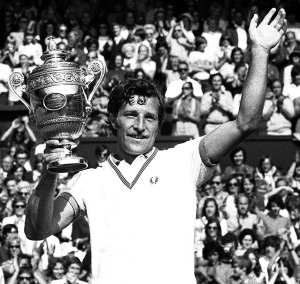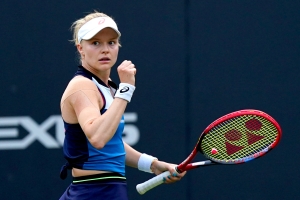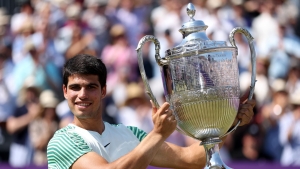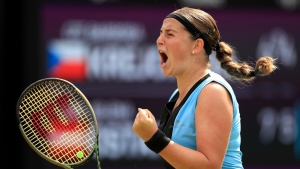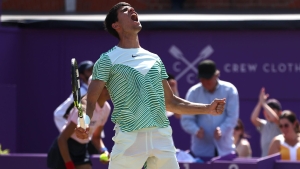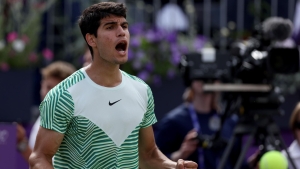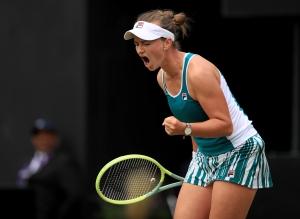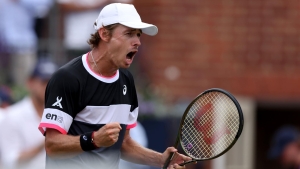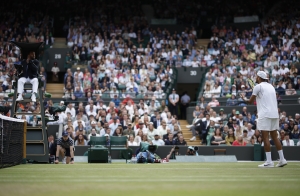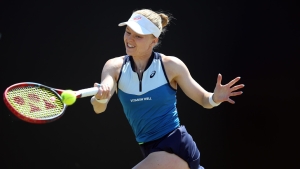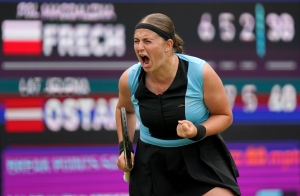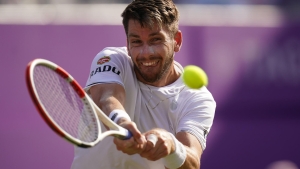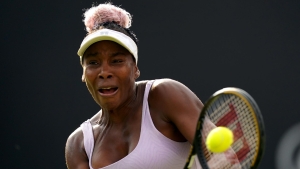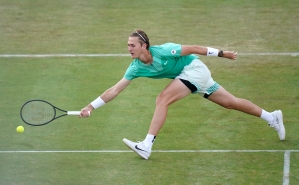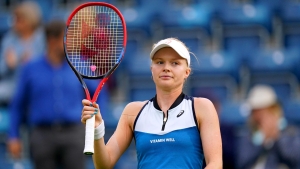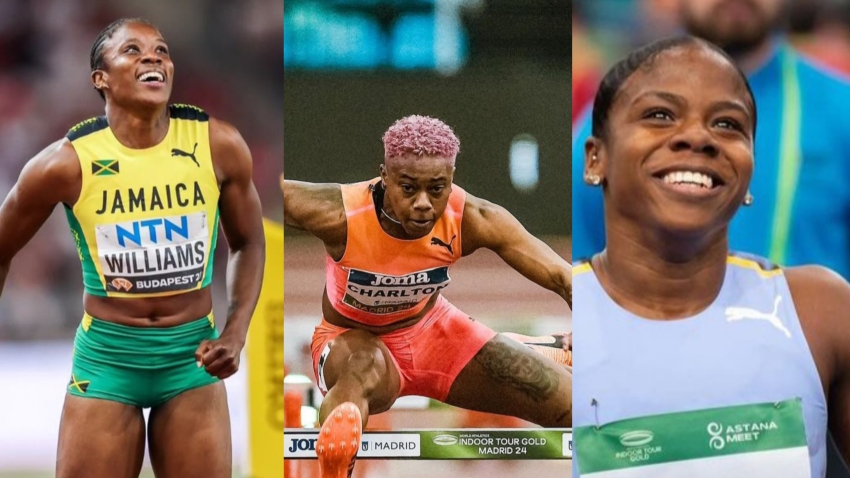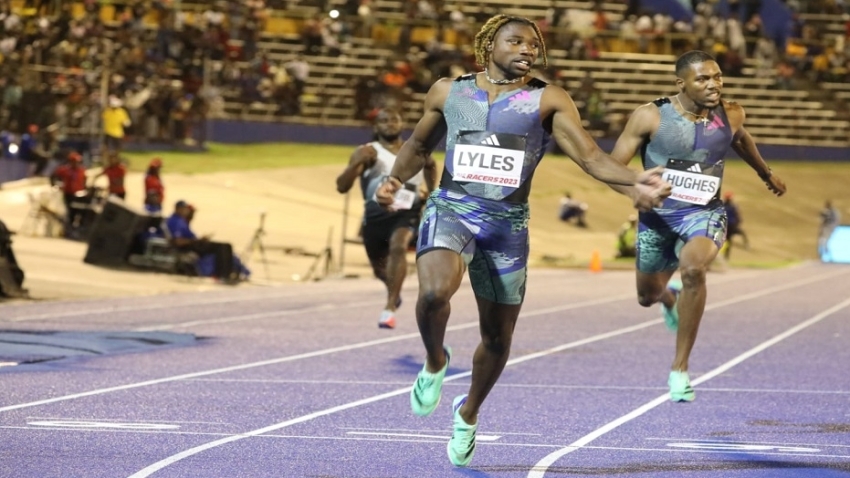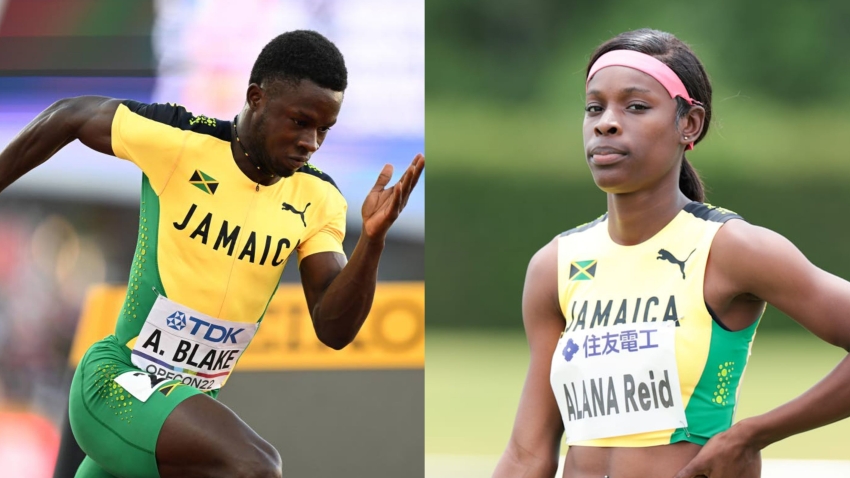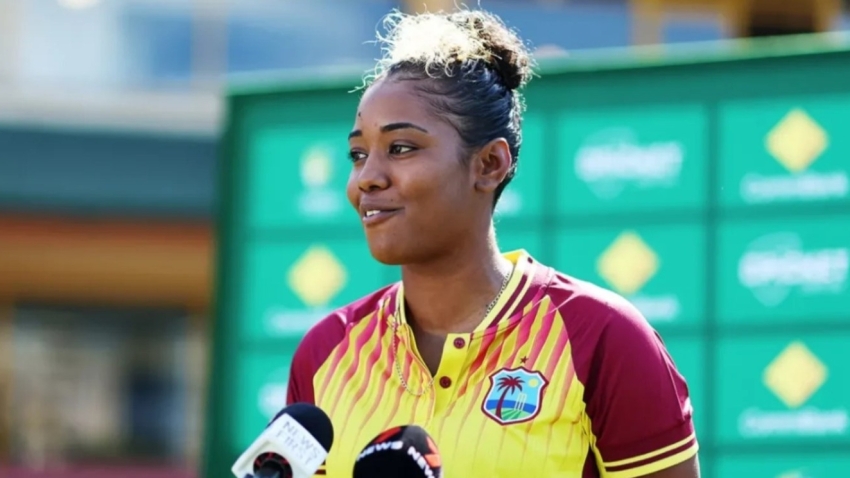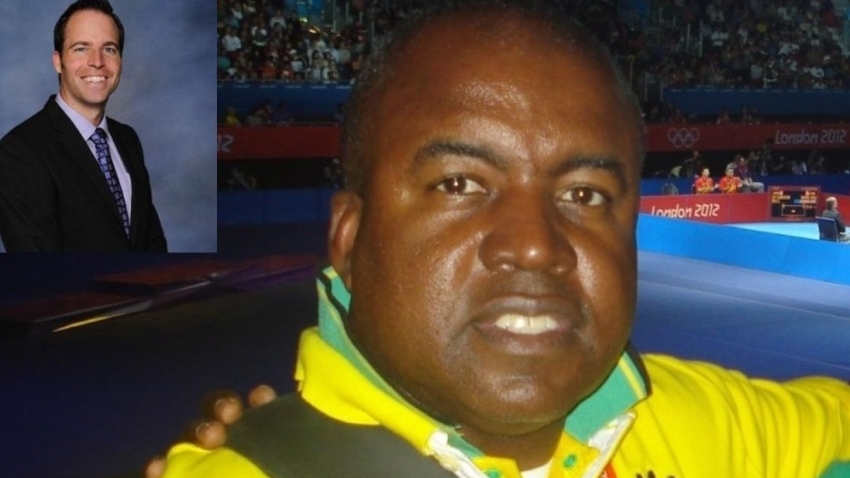This year’s Wimbledon Championships marks the 50th anniversary of a dispute which saw 81 male players boycott the tournament and changed tennis forever.
Top stars including defending champion Stan Smith, Rod Laver, John Newcombe, Arthur Ashe and Ken Rosewall stunned the sporting world by turning their backs on the most gilded event in tennis.
The build-up to the Championships was dominated by the ‘will they, won’t they’ saga, but the pervading opinion of the authorities was that there was no chance the players would sacrifice playing at Wimbledon. They were wrong.
“It was huge, huge,” recalls tennis historian Richard Evans. “It was the front-page lead in every newspaper in Britain for five days. The game would never be the same again.”
As with many more notable and bloodier conflicts in living memory, this one was sparked by a relatively minor dispute in eastern Europe.
But tensions between the warring factions – the players who had turned professional five years earlier, and the still amateur tennis federations administrating them – had been simmering for some time.
Those tensions boiled over when Yugoslavian player Nikki Pilic was banned by his country’s tennis federation – of which his uncle, General Dusan Kovac, was the president – for refusing to play in a Davis Cup match.
The recently formed players’ union, the ATP, duly threatened to boycott Wimbledon in support of one of its members, unless the ban was lifted.
“He came along at just the appropriate moment,” Evans said. “It was the classic situation of an amateur federation president demanding a player play Davis Cup when that player, who was a professional, had already signed a contract to appear in a doubles tournament in Montreal.
“His uncle got so angry he banned him for nine months. Then the International Lawn Tennis Federation (now the ITF) banned him for six weeks, knowing full well it would take him right into the middle of Wimbledon.”
The ATP board, comprising Smith, Ashe and fellow American player Jim McManus, Britons Mark Cox and John Barrett, chief executive Jack Kramer and president Cliff Drysdale, met in the basement of the Westbury Hotel in Mayfair to vote on whether to boycott, the day before the Wimbledon draw was due to be made.
Drysdale had canvassed the opinions of players at the recent tournaments in Rome and Paris – and to his surprise, found the mood to be mutinous.
“The media were sitting on the hotel steps, about 12 of us, waiting for the decision,” Evans said. “By then Cliff had been to Westminster to talk to the minister of sport and there had also been an injunction. It was all happening.
“But eventually they came down on the Thursday night to break off. Then they slept on it. The Wimbledon draw was being made on the Friday morning and the players were there practising.”
Cox and Barrett – staying loyal to Wimbledon – and Smith voted not to boycott but Ashe, McManus and Kramer voted for.
Drysdale therefore had the casting vote and he abstained.
“Jack said afterwards ‘I nearly fell off my chair, what a politician the guy is’,” added Evans. “Because Cliff was in a terrible situation. He knew if he voted to boycott it would all be on him and if he voted not to boycott it would be the end of the association.
“John Newcombe had phoned Jack in the middle of the night and said ‘if you don’t boycott, I’m out’. It would have started a whole run and people would have left the association.
“But by abstaining the vote remained 3-3 and (under ATP rules) the motion was carried. The decision to boycott was phoned through to referee Captain Mike Gibson, who had just done the draw and had to rip it up because 81 players had quit on him.”
The rebel players were branded ‘money grabbers’ by the press, but there was far more to it than that.
“The media got it wrong,” said Evans. “The sports editors were faced with ‘who’s the bad guy, who’s the good guy?’. And the bad guy couldn’t be Wimbledon.
“Therefore the players had to be the bad guys, which was very difficult because Rod Laver, Ken Rosewall, Arthur Ashe, John Newcombe, they were hugely popular sporting stars.
“So they settled on poor old Jack Kramer and made him the bad guy. He was supposedly leading the players.
“But it wasn’t about money. It was about detaching themselves from the stranglehold of the LTA and the ILTF, as it was then. The players finally said ‘we are not going to put up with amateurs telling us, professionals, how to run our lives’.”
Wimbledon had to hastily put together a new field comprising mainly eastern Europeans, whose federations did not allow them to be ATP members, and young players – including a 17-year-old Bjorn Borg – who were not yet contracted.
Three ATP members broke ranks; British number one Roger Taylor, Romanian Ilie Nastase (a divisive figure at the best of times and who claimed his federation made him play), and Australian Ray Kelbie, because he said he could not afford not to play.
“Roger Taylor was in a terrible position, because he was the number one, the big man in British tennis,” Evans said.
“But his father was a Sheffield steelworker and union man. And he was telling his son ‘you can’t be a scab’. But the media and the public were saying ‘Roger, you’ve got to play’.
“Eventually he played, lost in the semi-finals and wasn’t very popular in the locker room for a long time.”
As a footnote to an extraordinary episode in world sport, the name that graces the champions’ wall inside Centre Court – and pub quizzes to this day – is Czech Jan Kodes, who beat Russia’s Alex Metreveli in three sets for the title.


